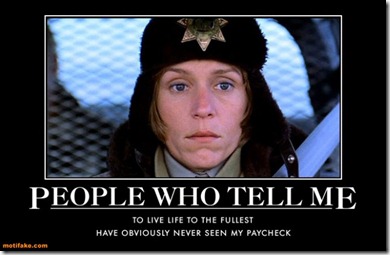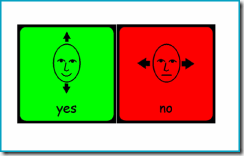by Diane Holmes, (a) Chief Alchemist of Pitch University, (b) lover of learning, and (c) writer of fiction, non-fiction, and the occasional manifesto.
 Your dream is about writing. I already know that. But what I want to know is if you’re living your big writing dream today?
Your dream is about writing. I already know that. But what I want to know is if you’re living your big writing dream today?
Because I’m not.
And, in a way, I’m farther away than ever.
(How in the world 20 years of hard work can lead you farther away, I have no idea! But reality is like that. It’s illogical and ill-behaved and apt to squash your hopes and dreams.)
Now, some of you are getting close to your dreams, so this article won’t help much. But if you have worked hard every waking moment and still aren’t “there,” then this article might help you ask The Big Questions.
Should I let go of my dream?
Should I stop giving it CPR?
Should I find a new dream to dream?
The more you fear these questions, the more important it is to ask them.
And yes, your new dream can be a new writing dream. Or not. I’m not imposing rules on your dreaming. Not my job. But basically you have all of reality to play with, so don’t panic.
The Importance of Today
In all my years of hard work and dreaming, what have I been doing? I’ve been clawing my way toward a future goal. The Dream.
I thought that was how it was done. Everyone said so. You set your sights on a big dream and then you don’t give up. You use your fingernails if you have to, as you dig in and keep going.
But now, I’m not so sure.
- What about all the todays on the way to your dream?
- What if you don’t reach your big dream, ever?
- What if your fingernails break before you get there?
- Does that mean you have no dream to live, because you never made it to your dream location?
What if the future is today? How would that change things?
The folks over at The One Question put it this way:
“…to find your life purpose you have to live your life purpose. You can start living your life purpose immediately.”
If you don’t live your purpose (or your dream), then you’ll never find it. And if not today, then when?
Just For Today
Instead of a big dream, I wonder if the key isn’t found in what you dream just for today?
What you live for today
Maybe all you have to do is find your dream for today. Or as John December says:
Find a way to gain some aspects of your dream today.
The pieces of the dream ARE the dream, just smaller. To ignore these small pieces is to miss the whole point of having a dream.
Gain your dream, piece by piece.
Own your dream, today by today.
By owning a piece of your dream today, you are eliminating the space between you and your dream. In fact, you and your dream are one.
Dreamer and dream.
Now Back To The Big Questions
Is it time for a new dream?
It really comes down to today, doesn’t it?
Do the small pieces of your dream create a wonderful today?
That’s the one question this whole article comes down to.
Until you can answer this question, you can’t ask any of the others.
How can you know if you should let go of your dream–if you should stop giving it CPR–unless you ask yourself about the reality of how you live your dream. Or how you don’t.
After all, if your dream doesn’t even exist until some dim future, then what are you planning on letting go of? Something that never existed?
And what about if you decide to let go?
There are so many, many changes you can make to your dream and how you experience it. And beyond that there are a multitude of dreams you can call your own.
You’re the dreamer. It’s your call.
It’s okay to make a change. It really, really is. And it’s okay to keep your dream exactly the same.
I just wish we talked about the small pieces more. The day-to-day tasks. the way we tried to move forward. About how we see these small pieces as “living the writing dream.”
I think we might be a lot happier with a dream we live just for today. A dream we can touch. A dream that makes us… US.
—
 Diane writes two alternating columns for Freelance-Zone:Fiction-Zone: Leaps in Fiction Mastery and Marketing-Zone:Marketing-Zone: Marketing Yourself and Your Book.
Diane writes two alternating columns for Freelance-Zone:Fiction-Zone: Leaps in Fiction Mastery and Marketing-Zone:Marketing-Zone: Marketing Yourself and Your Book.



 The Reality of The Dream.
The Reality of The Dream.


